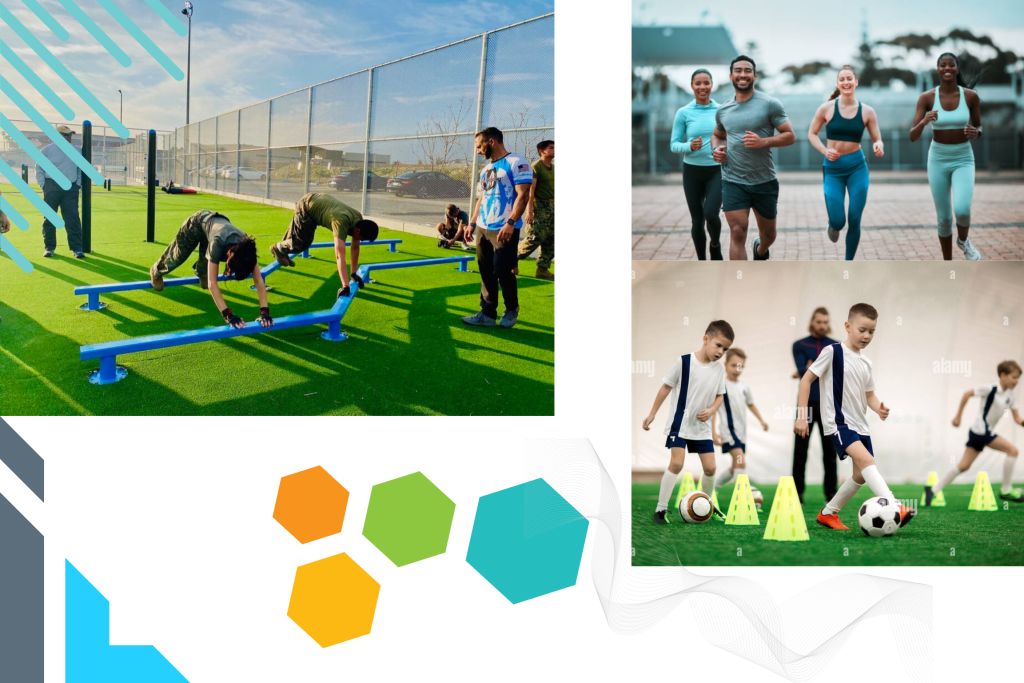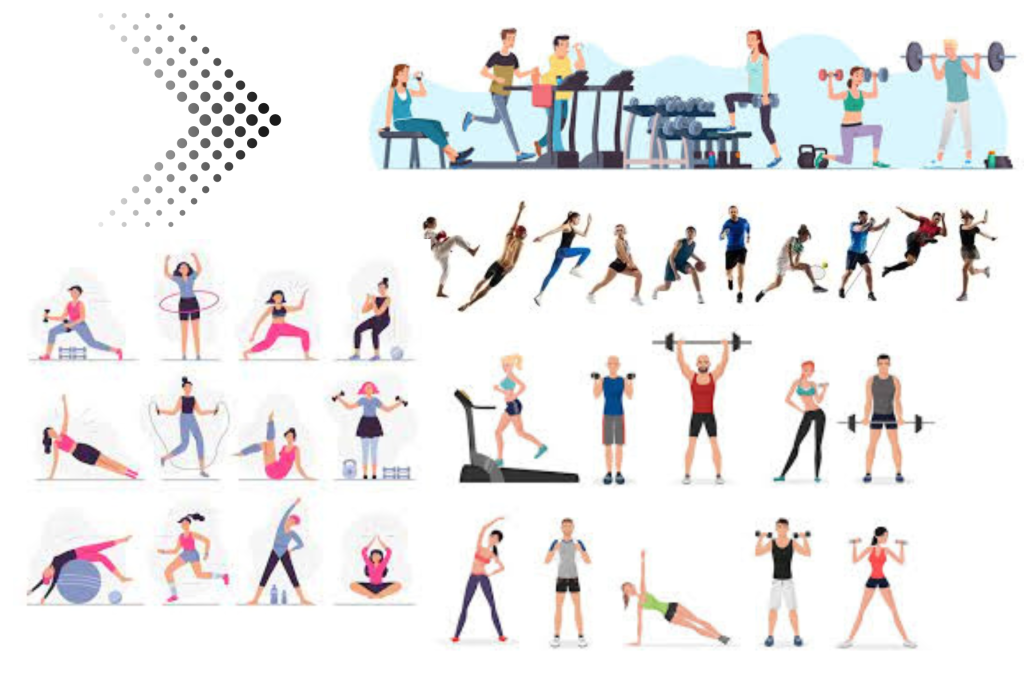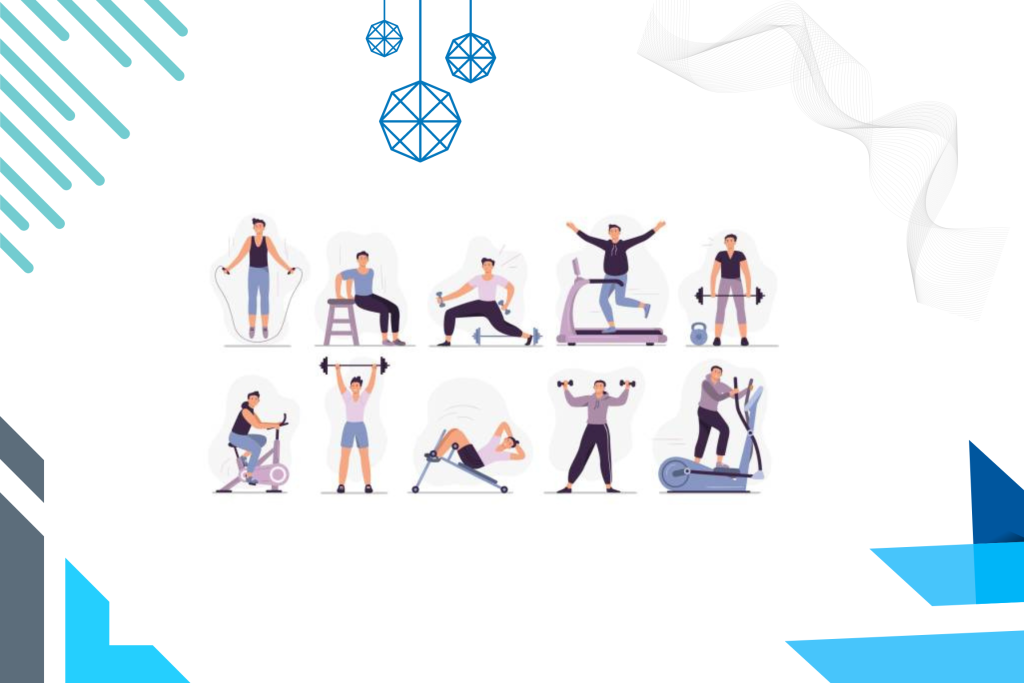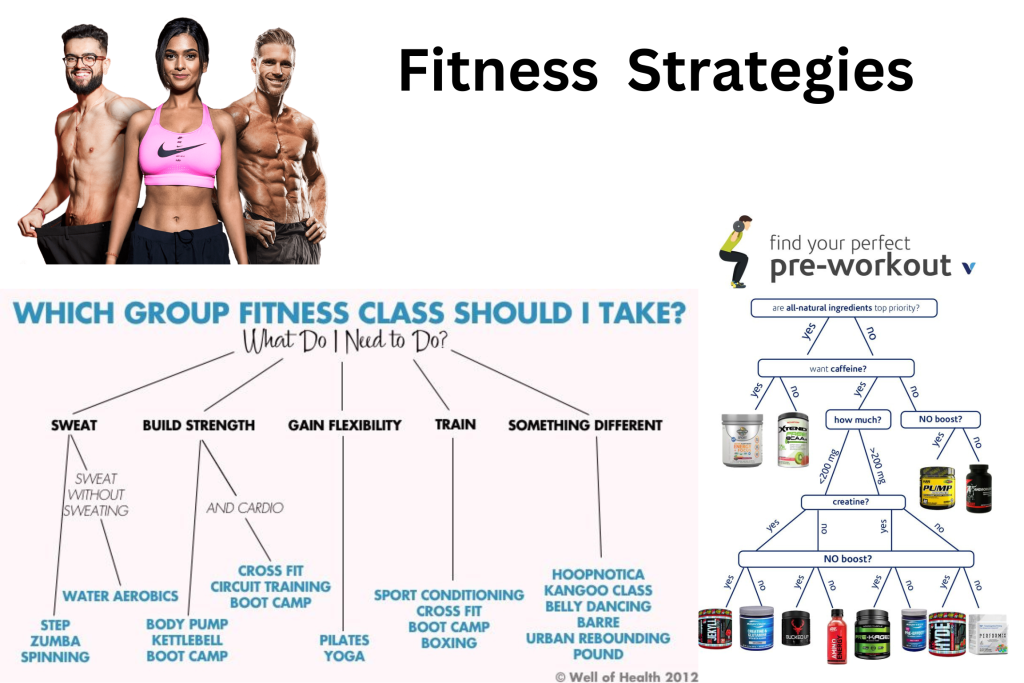
In the realm of fitness, sports fitness stands out as a dynamic and multifaceted approach to achieving peak physical performance. It goes beyond traditional workouts to encompass a diverse range of activities, training methodologies, and strategic techniques tailored to specific sports and athletic pursuits. In this comprehensive guide, we’ll delve into the world of sports fitness, exploring its benefits, key components, training strategies, and practical tips for optimizing athletic performance.
The Benefits of Sports Fitness
Enhanced Physical Conditioning: sport-fit: programs are designed to improve overall physical conditioning, including strength, endurance, flexibility, agility, and coordination. By engaging in sport-specific exercises and drills, athletes can develop the specific skills and attributes required for their chosen sport.
Improved Performance: Regular participation in S-F activities can lead to significant improvements in athletic performance. Whether it’s running faster, jumping higher, or hitting harder, dedicated training can help athletes reach new levels of excellence in their sport.
Injury Prevention: Proper training and conditioning are essential for preventing sports-related injuries. It programs often include injury prevention strategies, such as warm-up exercises, stretching routines, and strength training exercises targeted at stabilizing muscles and joints.
Mental Well-being: In addition to physical benefits, S-F can have a positive impact on mental well-being. Engaging in sports activities can reduce stress, boost mood, increase self-confidence, and promote a sense of accomplishment and camaraderie among teammates.

Key Components of Sports Fitness
Strength Training: Strength training is a foundational component of sp-fitness helping athletes build muscle strength, power, and explosiveness. Exercises such as squats, deadlifts, bench presses, and plyometric drills are commonly used to improve athletic performance and prevent injuries.
Cardiovascular Conditioning: Cardiovascular fitness is crucial for sports performance, as it enables athletes to sustain high-intensity efforts over prolonged periods. Activities such as running, cycling, swimming, and interval training help improve cardiovascular endurance and stamina.
Speed and Agility Training: Speed and agility are essential attributes for many sports, including football, basketball, soccer, and tennis. Sports fitness programs often include drills and exercises focused on improving speed, agility, quickness, and reaction time.
Flexibility and Mobility: Flexibility and mobility are critical for preventing injuries and maximizing athletic performance. Stretching exercises, yoga, and mobility drills help improve joint range of motion, reduce muscle stiffness, and enhance overall flexibility.
Sport-Specific Skills Training: Sports fitness programs are tailored to the specific requirements of individual sports, focusing on developing the skills, techniques, and strategies necessary for success. Whether it’s shooting hoops, swinging a racket, or throwing a ball, sport-specific training plays a vital role in honing athletic prowess.

Training Strategies for Sports Fitness
Periodization: Periodization is a systematic approach to training that involves dividing the training program into distinct phases, each with specific goals and intensities. These phases typically include off-season, pre-season, in-season, and post-season periods, each tailored to optimize performance and recovery.
Cross-Training: Cross-training involves incorporating a variety of activities and exercises into the training regimen to improve overall fitness and reduce the risk of overuse injuries. Cross-training activities may include swimming, cycling, yoga, and strength training exercises not directly related to the athlete’s primary sport.
Rest and Recovery: Rest and recovery are essential components of sports fitness training, allowing the body to repair and adapt to the demands of training. Adequate sleep, nutrition, hydration, and active recovery techniques such as foam rolling and massage play a crucial role in optimizing recovery and minimizing the risk of injury.
Mental Conditioning: Mental conditioning techniques such as visualization, goal setting, positive self-talk, and stress management are integral to sports fitness training. These strategies help athletes develop the mental toughness, focus, and resilience necessary for peak performance under pressure.
Recovery Strategies for Sport Fitness
Sleep: Prioritize quality sleep. It aids muscle recovery, hormone balance, and mental focus.
Foam Rolling and Stretching: Release muscle tension and improve flexibility. Target specific muscle groups based on your sport.Cold Water Immersion (Ice Baths): Reduce inflammation and soreness after intense workouts.
Active Recovery: Engage in light activities (walking, swimming) on rest days to enhance blood flow and prevent stiffness.

Practical Tips for Sports Fitness Success
Set Clear Goals: Establish specific, measurable, and achievable goals for your sports fitness training, whether it’s improving performance, increasing endurance, or mastering new skills. Having clear objectives helps keep you focused and motivated throughout your training journey.
Seek Professional Guidance: Consider working with a qualified coach, trainer, or sports fitness expert who can provide personalized guidance, instruction, and feedback tailored to your individual needs and goals. A knowledgeable mentor can help you optimize your training program and maximize your potential.
Listen to Your Body: Pay attention to your body’s signals and adjust your training intensity, duration, and frequency accordingly. Rest and recovery are crucial for preventing overtraining and ensuring long-term success in sports fitness.
Stay Consistent: Consistency is key to success in sp-fitness training. Stick to your training plan, stay committed to your goals, and make fitness a priority in your daily routine. Remember that progress takes time, and patience and perseverance are essential virtues in the pursuit of excellence.
Fueling Your Performance: Nutrition Tips
Macronutrients: Balance your intake of carbohydrates, proteins, and fats. Carbs provide energy, proteins aid muscle repair, and healthy fats support overall health.
Hydration: Proper hydration is crucial for optimal performance. Drink water throughout the day and replenish lost fluids during workouts.
Pre-Workout Nutrition: Consume a balanced meal 1-2 hours before training. Include complex carbs (oats, quinoa), lean proteins (chicken, tofu), and veggies.
Post-Workout Recovery: Refuel within 30 minutes after exercise. Opt for a protein shake, a banana, or Greek yogurt to kickstart muscle repair.
Sports fitness is a dynamic and multifaceted approach to achieving peak physical performance, encompassing strength, speed, agility, endurance, and skill development tailored to specific sports and athletic pursuits. By incorporating key components such as strength training, cardiovascular conditioning, speed and agility training, and sport-specific skills training, athletes can optimize their performance and achieve their goals. With proper training strategies, practical tips, and a commitment



